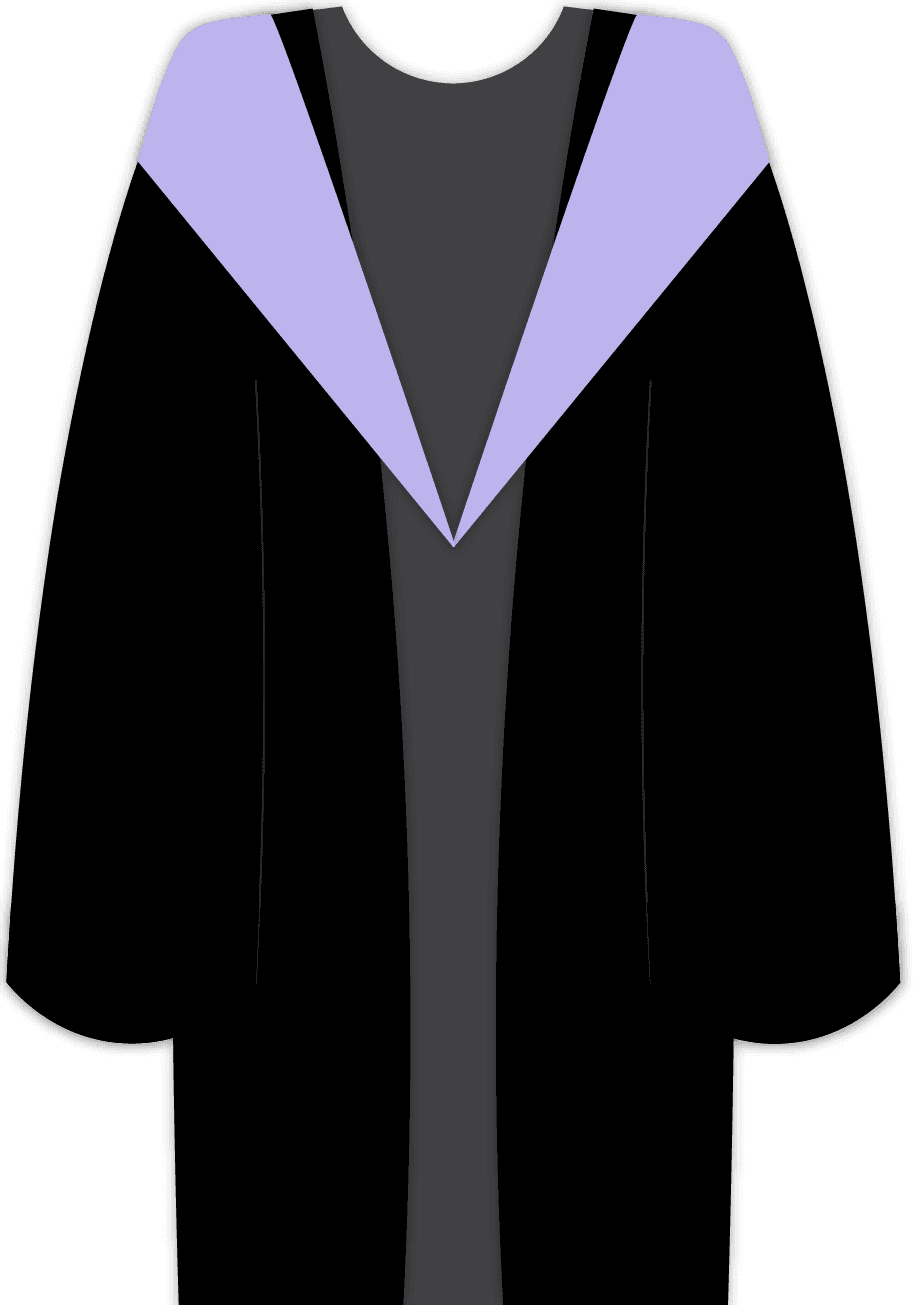Overview
The need for well-trained mental health professionals has never been greater. As a counsellor you will work alongside other committed professionals to improve the lives of many people. Be they young people, couples, families, people self-identifying as members of a diversity community, or the elderly – you will make a difference.
To get you on the right path a Bachelor of Counselling at the University of Divinity will not only teach you how to be a competent practitioner, but help you to become a wise practitioner. In fact, we at the university are committed to virtues such as hope, courage, and compassion. It’s one of the things that makes us different. In addition, we are determined to train counsellors for the mid-21st century. You will therefore also learn about AI in mental health as well as basic business skills. By the end of your training you will be ready to take on the challenge of clients and to play your part in an exciting profession dedicated to helping others.
Course learning outcomes
Graduates of the Bachelor of Counselling:
- have gained a broad, coherent and integrated understanding of various counselling approaches relevant to a diversity of clients, their contexts and traditions.
- are able to compare and contrast the relative merits of different innovative therapeutic approaches and so apply the appropriate approach depending on their own personal strengths/vulnerabilities and the client’s needs.
- have developed cognitive, technical, communication, professional, and basic business skills so as to practice in an impactful way that both enhances client outcomes and minimises risk in multiple counselling contexts.
- have developed their clinical, ethical and cultural judgement leading to an integrated awareness informing professional and collegiate practice.
- have gained personal and professional insight through critical reflection on self, the profession, and how society (including religion) impacts and shapes notions of wellbeing, distress, and marginalisation.
Course structure
The Bachelor of Counselling consists of 432 points.
| Course Structure | Unit Type | Points |
|---|---|---|
| Year 1 (144 points) | ||
| CO1001Z Expressing Integrity Through Excellence In Academic And Professional Communication | Core | 18 |
| CO1002Z Self, Profession, And Society | Core | 18 |
| CO1003Z Critical Thinking, Problem Solving, And Decision-Making | Core | 18 |
| CO1004Z The Human Condition | Core | 18 |
| CO1005Z Introduction To Counselling | Core | 18 |
| CO1006Z Engaging Diversity | Core | 18 |
| CO1007Z Introduction To Psychology | Core | 18 |
| CO1008Z Data Literacy For Clinicians | Core | 18 |
| Year 2 (144 points) | ||
| CO2001Z Human Development, Personality, And Identity | Core | 18 |
| CO2002Z Working With Children, Adolescents, And Older Adults | Core | 18 |
| CO2003Z Trauma-Informed Counselling In The Context Of Loss and Grief | Core | 18 |
| CO2006Z What Is Abnormal?: The Individual, Diagnostics, And Society | Core | 18 |
| CO2007Z Counselling Ethics, The Law, And Best-Practice | Core | 18 |
| CO2008Z Self-Care And The Workplace (incl. 36hrs on-job training) | Core | 18 |
| Elective units approved by the Dean of Academic Programs | Elective | 36 |
| Year 3 (144 points) | ||
| CO3002Z Complex Clients: Neurodiversity, Addictions, And Personality Disorders | Core | 18 |
| CO3003Z Virtues-Based Counselling: Working With Hope, Courage, And Compassion | Core | 18 |
| CO3007Z Emerging Technologies, AI, And The Business Of Counselling | Core | 18 |
| 150 hours placement, including 20 hours counselling and 20 hours supervision, comprising: or
| Core | 36 |
| Elective units approved by the Dean of Academic Programs | Elective | 36 |
| CO3008Z Capstone Project | Core | 18 |
Some units have compulsory intensives in Melbourne (Victoria).
Students who complete Year 1 may exit with the Diploma in Counselling.
Students who complete Year 2 may exit with the Advanced Diploma in Counselling.
Locations and modes
Accreditation partner
The Bachelor of Counselling is accredited by the following partner:
Duration
The standard full-time duration of the Bachelor of Counselling is three years. The Bachelor of Counselling must be completed in not less than three years and not more than nine years from the date on which the course is commenced.
| Minimum duration | 3 years |
| Standard full-time | 3 years |
| Maximum part-time | 9 years |
Graduate pathways
The Bachelor of Counselling qualifies graduates to work as professional counsellors. Further study pathways include the Doctor of Philosophy.
Admission criteria
Admission: Minimum Academic Requirement
Australian secondary school qualification or equivalent.
Probationary admission is available into the first year of the Counselling program (Diploma level).
Admission: Other Requirements
Applicants to the undergraduate Counselling program must:
- have regular access to a computer that supports video and other standard computing software.
- No later than by the completion of their eighth (final) first year unit, provide:
- a national police check (completed at the candidate’s expense).
- a Working With Children’s check (or equivalent; and completed at the candidate’s expense).
- Subject to the applicable state legislation and industry standards, candidates may be required to provide evidence of current COVID-19 vaccination in order to commence clinical placement.
Credit
Credit is granted in accordance with the Credit Policy.
Fee summary
The Bachelor of Counselling requires completion of 432 points of study, or 21 standard undergraduate units and 3 non-standard undergraduate units.
Fees for 2026 are $2,184 per standard unit* or $17,472 for a year of full-time study (8 units). The total course cost is $52,416*.
Fees are subject to change from year to year. For more information about fees, please visit the Fees page.
*In year two and three students will undertake on-the-job training as placements. These are 3 non-standard units which will include a surcharge for the clinical supervision of students.
Fee assistance
Commonwealth supported places are available for eligible Bachelor of Counselling students commencing in 2025.
